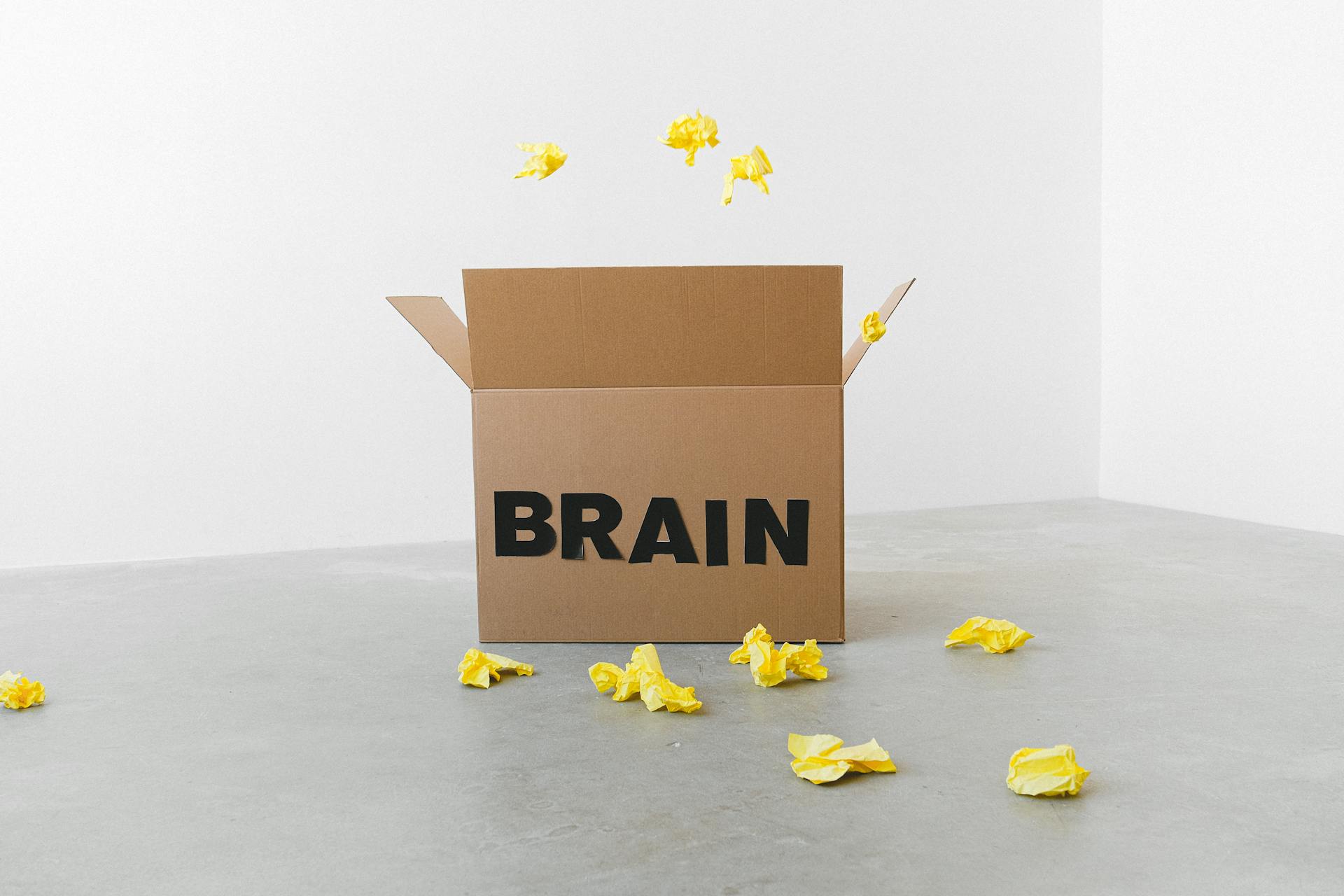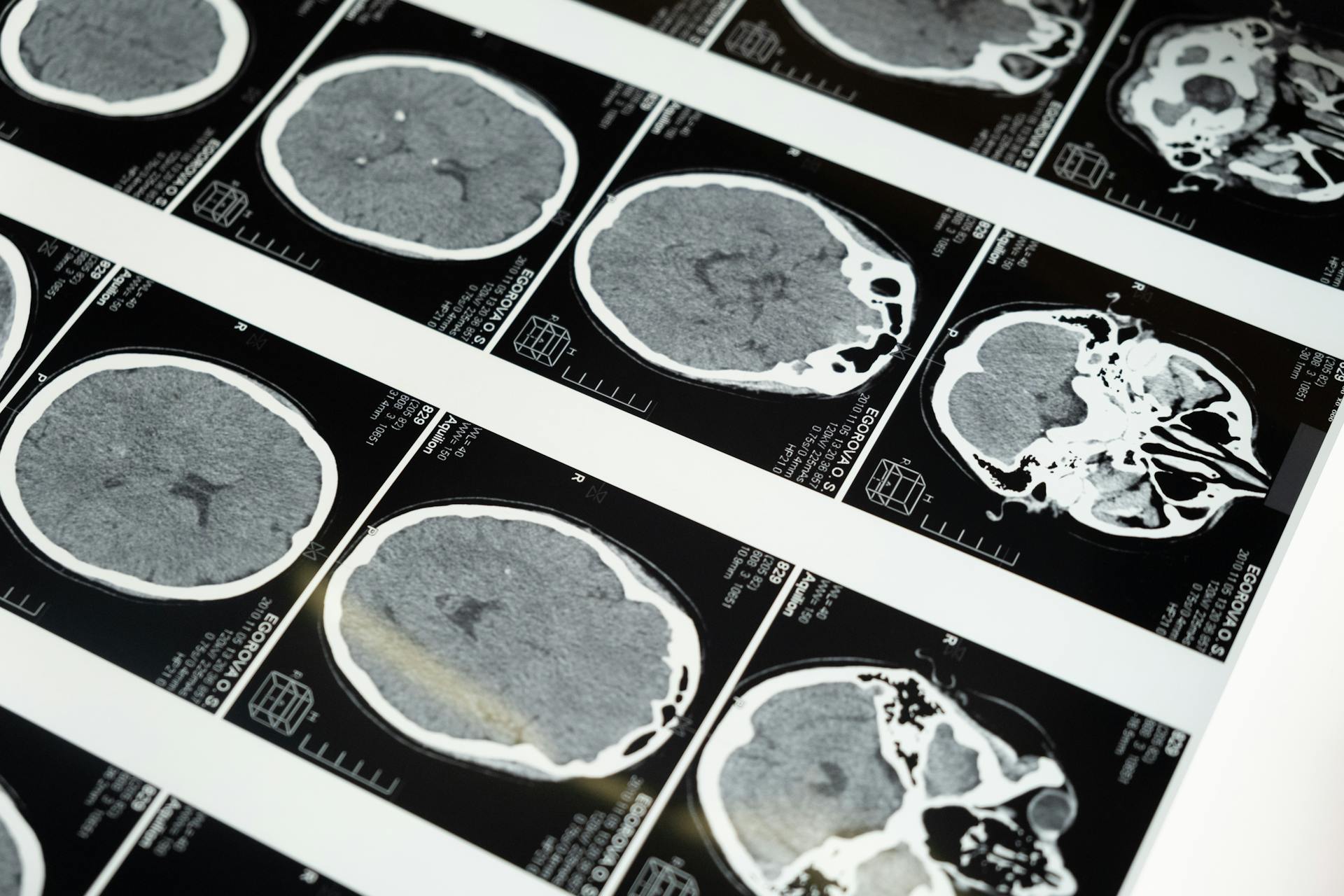Addiction isn’t a condition that just affects your behavior; it also affects your brain and body. Therefore, to recover from addiction, it’s not enough to simply quit using substances. Your brain also has to undergo certain changes to detox and recuperate. Knowing how the brain heals from addiction can help throw light on the science underlying the sobriety journey and offer you important insights into the recovery process. In addition, it’s important to note that help is available. The state with the highest success rate in drug rehab is Florida, with approximately 70% of all those entering treatment programs completing their program.
Understanding Addiction and its Impact on the Brain
Addiction is frequently referred to as a brain disease since it often impairs brain structure and function. Usually, the brain’s reward system is hijacked by substances like alcohol, opioids, and stimulants, which then cause profound alterations in the way the brain interprets pleasure and reward.
Basically, when someone consumes an addictive substance, their dopamine levels rise, and they experience euphoria. However, the body can’t be in a constant state of euphoria. That’s why, to adapt, the body eventually starts reducing its normal dopamine production and shutting down its dopamine reception. The result is an increased tolerance to dopamine. To experience euphoria again, this person would need a much larger dose of drugs as time goes by. Eventually, that needed dose could be so high that the person can overdose while chasing that euphoric feeling.
Long-term drug abuse can also alter the structure of the brain. For example, the most common impairments occur in the prefrontal cortex, which controls impulse and decision-making. People who use drugs, over time, find it more difficult to control their urges and make thoughtful decisions. Finally, addiction can also impair a person’s hippocampus, which is essential for memory and learning, making it much harder to create new, lasting memories.

Detox is the process during which your brain eliminates toxic and addictive substances from its systems.
How the Brain Heals From Addiction
The good news is that the brain can mend and recover. This process is possible because of neuroplasticity, the brain’s capacity to create new neural connections. However, many factors can affect how quickly and to what extent the healing proceeds.
Detoxification And Acute Withdrawal
Detoxification, or the body ridding itself of the addictive substance, is the first stage in the recovery process as the brain heals from addiction. This phase can be difficult, and acute withdrawal symptoms, including anxiety, depression, anger, and physical discomfort are very common. However, the brain rebalances as it becomes used to the substance’s absence.
Because this is such a critical stage, people shouldn’t go through it alone. Luckily, addiction treatment centers offer medically supervised detox. And you’ll have no trouble finding them in Florida, home to approximately 14% of the nation’s recovery facilities. A prime example is We Level Up Lake Worth FL, which offers medical detox, inpatient addiction rehab, and dual diagnosis treatment. Their programs offer personalized support and evidence-based treatment for long-term recovery.
Restoration of dopamine levels
Dopamine levels progressively return to normal as the brain heals, but this process is not easy or quick. People often go through a phase of anhedonia, which is a diminished capacity for enjoyment. Considering that, it’s no surprise that this stage, which can extend from a few weeks to many months, is frequently accompanied by feelings of depression and a lack of motivation.
Engaging in activities that naturally boost dopamine production can support this aspect of recovery. For example, frequent physical activity has been demonstrated to elevate mood and raise dopamine levels. Cardiovascular activities such as cycling, swimming, and running are especially beneficial. Hobbies and self-care activities that make you happy and give you a sense of accomplishment can be very helpful in supporting the overall rehabilitation process. For example, the treatment center we’ve mentioned, Level Up Treatment Lake Worth referred to as We Level Up Lake Worth FL, offers yoga therapy.
Moreover, a balanced diet strong in protein, vitamins, and minerals can also improve dopamine production. Foods high in tyrosine, such as lean meats, fish, eggs, dairy, and soy products, are particularly helpful.
Factors Influencing Brain Recovery
Many variables can affect the brain’s capacity to recover from addiction. For example:
- Duration and severity of substance abuse. The extent of brain damage increases with the length and intensity of an addiction. However, continued substance abuse doesn’t always indicate that recovery is unattainable. While it might take longer and necessitate a more thorough approach, recovery is still possible.
- Age and brain plasticity. Younger people tend to have more plasticity in their brains, which can speed up healing. Of course, this doesn’t mean older people are doomed. With the right help and medication, people of any age can get better.
- General health. Good physical help can help the brain heal from addiction. A healthy diet, regular exercise, enough sleep, and proper hydration are all important aspects of general well-being that can help with recovery.
- Co-occurring mental health disorders. Addiction rarely exists as a sole issue. Recovery from addiction often requires a dual, integrated approach that also treats conditions like depression, anxiety, PTSD, etc.
Supporting Brain Recovery
As we already mentioned, there are some things you can do to help speed up the recovery process. Aside from eating healthy, exercising, and being in therapy, you should also try mindfulness practices. For example, meditation is a great way to support your brain, reduce stress, regulate emotions, and enhance overall well-being. On the other hand, avoiding things that upset and overwhelm you is also crucial. Social media, for example, can have a huge negative impact on your self-confidence and recovery.
Conclusion
Addiction recovery is a difficult but completely achievable path. Knowing how the brain heals from addiction can help you better understand the steps you need to take toward recovery. Remember that every step towards healing is a success, and with professional assistance and patience, long-term recovery is possible.
Resources:
https://www.addictionhelp.com/drug-rehab/statistics/



